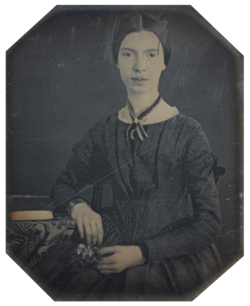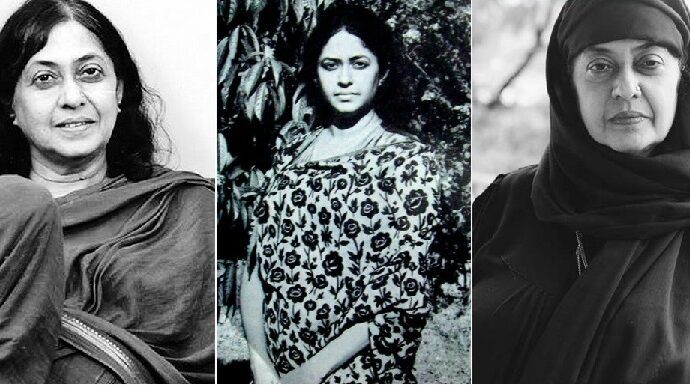Emily Dickinson
Emily Dickinson (1830–1886) was an American poet whose work profoundly influenced modern poetry. Born in Amherst, Massachusetts, Dickinson led a reclusive life, rarely venturing outside her home. Despite her seclusion, she produced nearly 1,800 poems, though only a handful were published during her lifetime—and often without her consent or underContinue Reading





